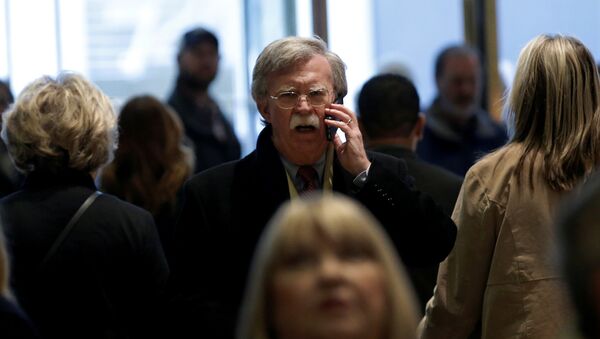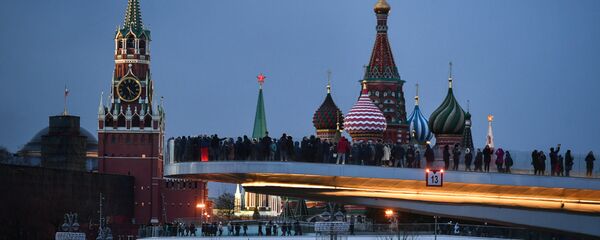Sputnik spoke to David Schultz, political science professor at Hamline University, who gave his take on the current state of Russia-US relations and the consequences of the new sanctions if they are nevertheless to be introduced.
Sputnik: In your view how can fresh US sanctions impact already fragile ties between the US and Russia?
The United States appears to be solidifying a hard-line position against that country. On the one hand this position is a surprise given that Trump does not seem to really stand behind this approach. But on the other hand, given the recent new appointments that Trump has brought into his administration, it should come as no surprise. These are individuals – such as Bolton – who long have had a very tough stance against Russia.
What appears to be the case then is that these hardliners have won. Further sign of that was the Syrian missile attack the other day. That attack also suggests that Syria has become a proxy war between the US and Russia reminiscent of the old battles in third countries during the Cold War. Look to see the new sanctions trigger more actions on the part of both Russia and the United States.
Look to see Russia retaliate. It will not be in a military way, at least not against the United States. Anticipate more diplomatic expulsions, or other responses in a cyber-world.
Yes and no. Yes in the sense that Russia is viewed as a ally of Assad and the US seeks to punish him for alleged use of chemical weapons. Moreover, the US and Russia seem to be in conflict over disputes regarding zones of influence that the two countries have, reminiscent of the old Cold War era. No in the sense that the US believes that it has legitimate disputes with Russia regarding its interference in US elections or in its believe that it is violating international law.
READ MORE: Trump Orders Postponing Introduction of New Anti-Russian Sanctions — Reports
Sputnik: The US has already imposed sanctions on Russia using various pretexts many of which have been baseless but blamed Russia for the deteriorating relations between the two nations, why is that?
Right now there seems to be little that will reverse the erosion of relations.
In the short term I do not see any forces leading to a de-escalation of tensions but certainly this is no comparison to the conflicts during the height of the Cold War. But the very fact that one can draw parallels to the Cold War does suggest the seriousness of the conflict going on. While the US position toward Russia is now becoming tougher, perhaps at least it is consistent compared to what it has been for the last 15 months. That consistency might create conditions for Russia and the US to negotiate.


